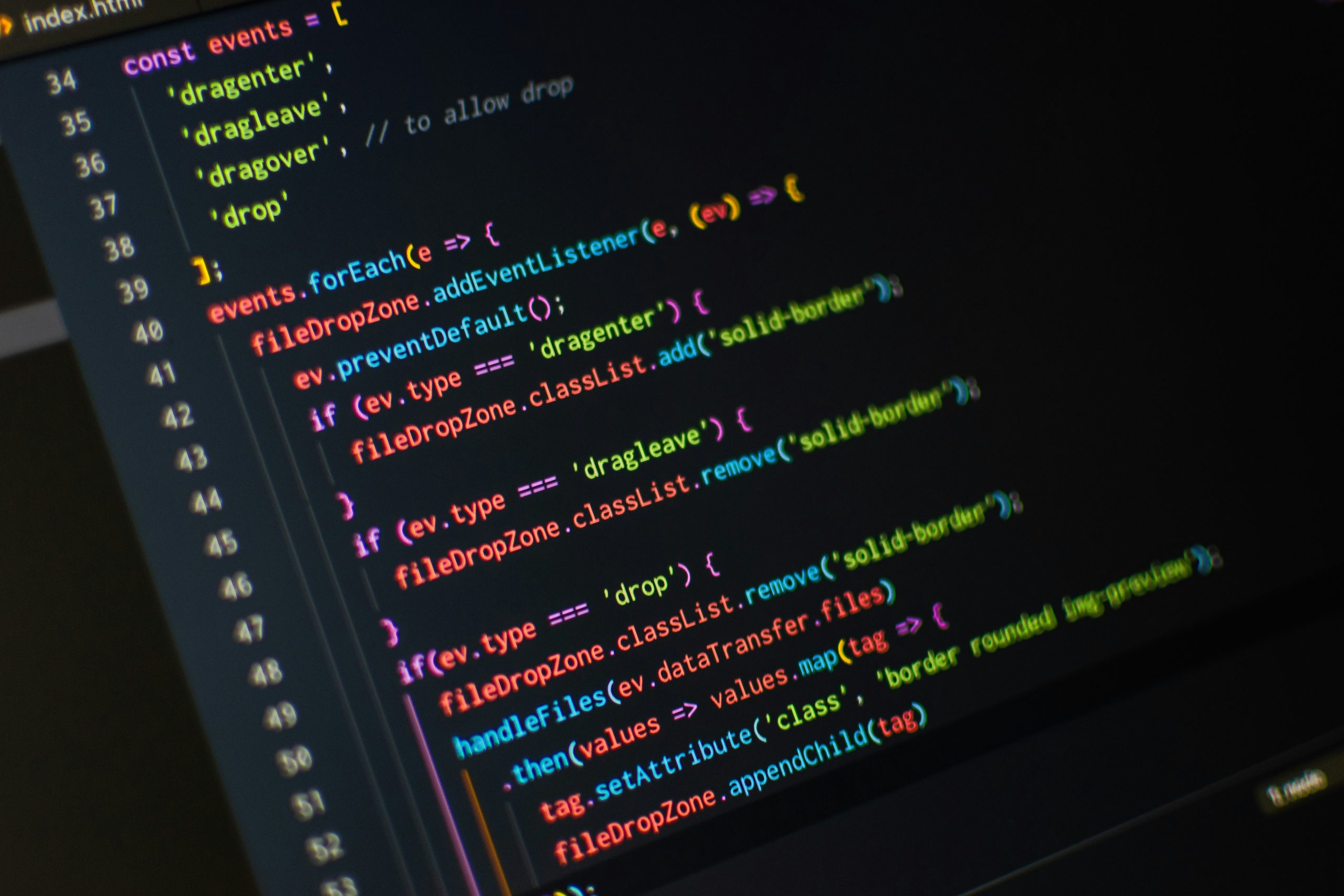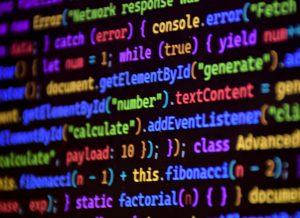Code Review Practices That Elevate Software Quality
Code review is an essential practice for ensuring software quality and delivering reliable and efficient code. It involves a systematic examination of code by other developers to identify and fix any potential issues or areas for improvement. Over the years, code review has become an integral part of the software development process, and for a good reason. Not only does it help catch errors and bugs, but it also promotes collaboration, knowledge sharing, and overall code improvement. But not all code reviews are the same. In this article, we will explore some code review practices that can elevate software quality and take your development team to the next level.
The Benefits of Code Reviews
Before we dive into the best practices for code review, let’s first understand why it is so crucial and what benefits it brings to the table.
Early Bug Detection and Prevention
Code that is thoroughly reviewed has a higher chance of being error-free and stable. By catching bugs early in the development process, they are easier and cheaper to fix, saving both time and resources in the long run.
Higher Code Quality
Multiple sets of eyes on a piece of code can bring different perspectives and ideas, leading to better quality and more robust solutions.
Knowledge Sharing and Mentorship
Code review is an excellent opportunity for junior developers to learn from more experienced developers. By providing constructive feedback, they can improve their skills and grow as developers.
Team Collaboration and Communication
Code review encourages team members to communicate with each other and collaborate on projects. This not only fosters a sense of camaraderie but also leads to better solutions through different viewpoints.
Code Consistency and Standards
Code review ensures that the code follows the team’s established coding standards, making it easier to read, understand, and maintain. It also promotes consistency throughout the codebase.
Best Code Review Practices
1. Set Clear Guidelines and Objectives
Establishing clear and specific guidelines for code review is essential for its success. This includes clearly defined objectives, coding standards, and criteria for addressing issues. This will help reviewers focus on specific areas and provide more valuable feedback.
2. Use Code Review Tools
There are many code review tools available that can make the process more efficient and effective. These tools offer features such as code highlighting, inline comments, and issue tracking, making it easier to review and manage code changes.
3. Encourage Collaboration and Feedback
Code review should be treated as a collaborative process. Encourage reviewers to ask questions and provide suggestions for improvement. A healthy feedback culture can lead to better solutions and a more efficient code review process.
4. Don’t Rush the Process
Code review should not be rushed. Allow reviewers enough time to thoroughly examine the code and provide meaningful feedback. This will help catch more errors and ensure a higher-quality codebase.
5. Rotate Reviewers and Seek Diverse Perspectives
Having the same people review every code change can lead to blind spots and decrease the effectiveness of the process. Consider rotating reviewers and seeking input from different team members to get diverse perspectives and catch more issues.
6. Provide Constructive Feedback
When providing feedback, it is essential to be constructive and provide specific examples. Avoid making negative or personal comments, and instead offer suggestions for improvement. This will create a positive and supportive environment for developers to grow.
7. Create a Checklist
Having a checklist of items to consider during code review can help reviewers focus on specific areas and ensure consistency. This can include items such as code formatting, functionality, and error handling.
8. Automate Where Possible
Automating code review can save time and effort, especially for repetitive tasks such as code formatting and style checking. This also helps ensure that all code follows the team’s established guidelines.
9. Give Credit where Credit is Due
Don’t forget to recognize and acknowledge the efforts of developers who have written high-quality code. This can be motivating for the team and create a positive culture around code review.
Conclusion
Code review can greatly impact the quality, efficiency, and collaboration within a development team. By implementing these best practices, you can elevate your code review process and ensure a high-quality codebase. Remember to continuously evaluate and refine your code review practices to adapt to the ever-evolving software development landscape.









